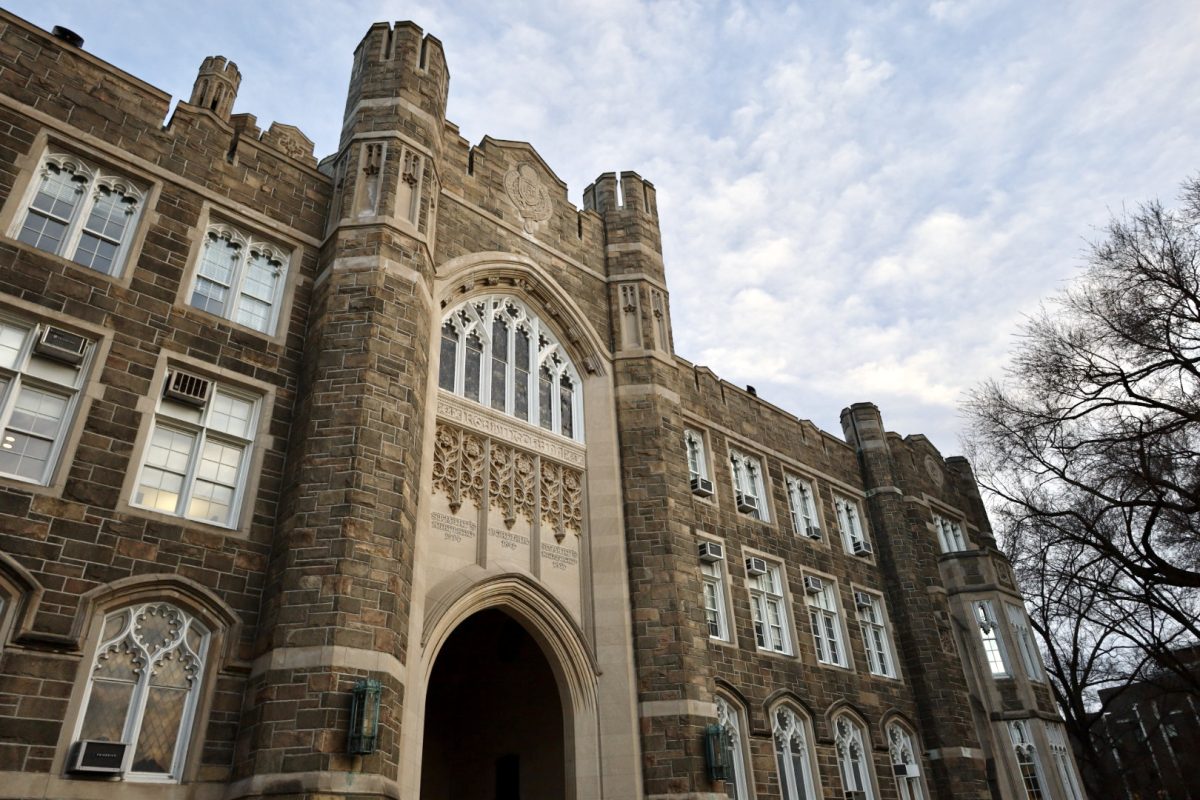By Yujin Kim

Harvey, the infamous, intimidating Category 4 hurricane, cut a destructive, watery swathe through Texas, stranding thousands of innocent people who are still vulnerable even now. While people were still reeling from the storm, Mexico reached out with an offer of help, with plans to send a caravan of 25 trailers filled with commodities including rice, beans, coffee and chocolate, according to CNN. Included in this offer of assistance were 300 beds, nine generators, water treatment equipment, three mobile kitchens, radio and satellite equipment and personnel. Clearly, this was a very generous offer, especially in light of Trump’s tweet claiming that Mexico is “one of the highest crime nations in the world” and insisting that Mexico will pay for the border wall. This generosity is even more impressive when considering that the Mexican assistance came mere hours after the POTUS attacked our neighboring country yet again.
At the time of the offer, the U.S. government made no official announcement accepting Mexico’s assistance, though Texas Governor Greg Abbott declared that he would welcome the help. Carlos Manuel Sada, Mexico’s undersecretary for North American relations, said that Mexico is pleased to be able to support “our brothers in need on the other side of the border,” a statement with a starkly different tune from Trump’s. The hurricane aid, according to the statement, was offered “as good neighbors should always do in difficult times,” and Sada expressed his belief that if the situation were reversed, the United States would also offer help. However, when asked if he thought President Trump would offer Mexico aid in the same way, Sada hesitated and simply said it would be Trump’s decision.
Sada’s hesitance is not without good reason, as evidenced by the recent earthquake that devastated Mexico last week. An earthquake with a magnitude of 8.2, among the most powerful to hit the country in a century, wrecked the city of Juchitán de Zaragoza on Sept. 8 and, according The New York Times, killed at least 36 residents of the city. The southern part of Mexico was struck especially hard, closer to the epicenter of the earthquake, off the Pacific Coast. As of Sept. 14, the death toll had climbed to 98 people and there were roughly 2.5 million people in need of assistance. On top of the earthquake, the effects of which were felt by millions across Mexico and even in Guatemala, Hurricane Katia became an issue as well, killing at least two people in the reeling country. The natural disasters have prompted the Mexican government to rescind its offer of hurricane assistance, citing that the supplies will be directed toward earthquake relief efforts, as many Mexican citizens remain missing or buried under rubble, awaiting rescue.
By no means does this decision take away from the spirit of camaraderie and generosity with which Mexico first extended an offer of help: a country’s government has duties to its own people first and foremost, and the earthquake victims currently need all the help they can get. However, what’s striking is President Trump’s delayed response to the natural disasters that wreaked havoc on Mexico. He offered condolences to the Mexican president a week after the earthquake struck, claiming he had been unable to reach Enrique Peña Nieto for several days because of bad mobile phone reception. Nieto had been in Mexico City on Wednesday morning before flying out to Oaxaca and Chiapas states to oversee earthquake relief, and according to The Guardian, mobile services in the region were working without serious issues. The Mexican president’s travels to the areas hit hardest by the earthquake have been documented by pictures taken on mobile cell phones as well, as evidenced on social media, casting further doubt on President Trump’s claims of bad mobile phone reception.
The White House, too, did not mention the earthquake until the afternoon of Sept. 14, even though several US mayors and members of Congress expressed their condolences in the immediate aftermath of the 8.2 earthquake. This silence from the White House did not go unnoticed, particularly as it is customary for the U.S. to send messages expressing its condolences to countries that have suffered under brutal natural disasters. Indeed, Mexicans have responded with scornful disbelief to Trump’s explanations for his delay in contacting Nieto, even critics of the Mexican president.
The last few weeks have undoubtedly been hectic and dizzying, with Hurricane Harvey first smashing into Texas and the earthquake in Mexico. However, what these two natural disasters have shown us is that despite poll results showing that more Mexicans view the U.S. unfavorably than any other time in the past 15 years, our neighboring country is still willing to extend assistance to those struck by catastrophe in the United States. For all the rising animosities and tensions between the U.S. and Mexico, the latter has shown that, in times of crisis, they will still come to the aid of people who need it. A volunteer at the Mexican Red Cross, Maria Mora, said in a CNN interview that it doesn’t matter where the help is needed, because the organization’s goal is to mitigate human suffering. This sentiment should cause supporters of Donald Trump and his wall between the two countries to pause and reconsider their hatred and animosity for Mexico.
For all the new administration’s bashing of Mexico, the country has risen up to our aid: it doesn’t matter that the relief has been redirected toward the country’s own citizens, as there are still Mexican volunteers who have crossed the border to assist Americans in the wake of Hurricane Harvey. Our Southern neighbors’ generosity and willingness to help should be a wake up call that now more than ever, we need to reconsider our current relationship with them. Do we really want a country that hates us just south of our border? Harmonious foreign relations are more productive than those of hostility, and Mexico has proven in the past that they can be of great help to us. For example, in the aftermath of Hurricane Katrina in 2005, Mexico sent a convoy of soldiers, food, medical workers, water-treatment facilities and a kitchen to feed 7,000 people a day.
It seems unwise to cultivate resentment and aggression when so many things are going wrong with the world at the moment, including, but not limited to an uptick of natural disasters and a looming confrontation with North Korea. The recent tragedies should prompt us to reconsider our stance against Mexico, instead of blindly clinging to the notion of a wall that might be more detrimental to us than we think.
Yunjin Kim, FCRH ’20, is a communications major from Long Beach, California.














































































































































































































